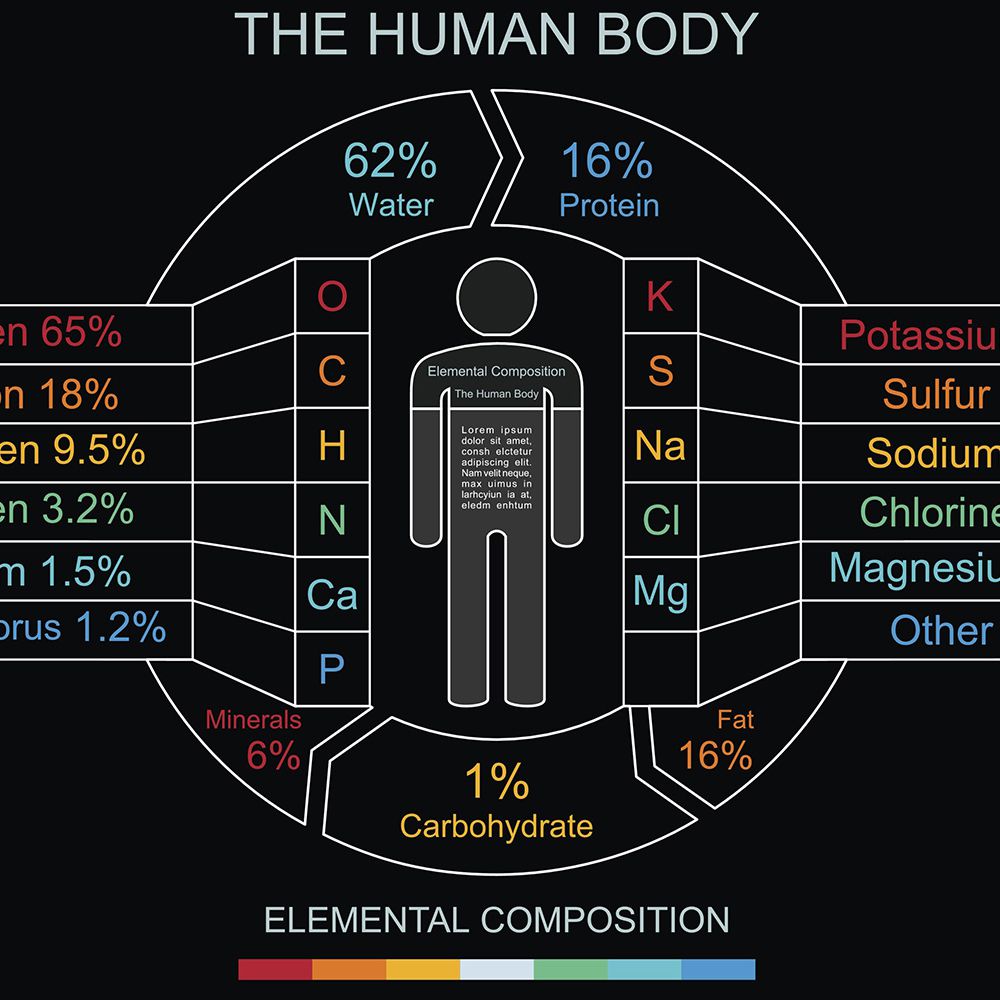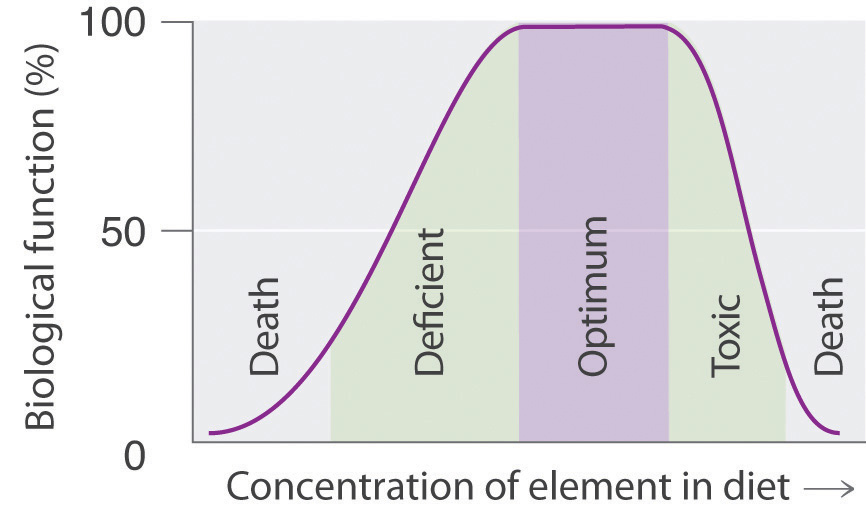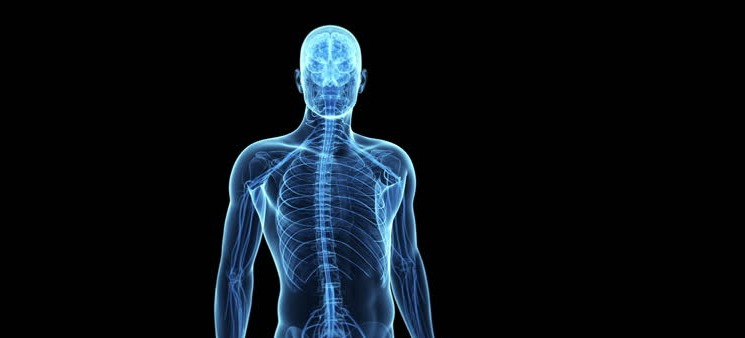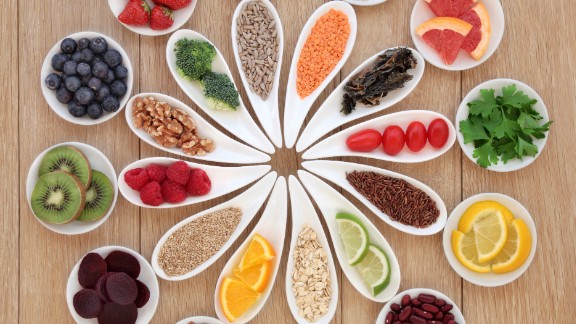Minerals and Trace Elements are essential for a healthy body

By Neena Badhwar
When it comes to Chemistry during school years and college, both Organic and Inorganic chemistry intrigued me a lot. But didn’t realise how important it was in my day-to-day life and the body’s health. Chemistry is fully involved in all our biochemical reactions in the body. Forget how we used to separate elements in our school lab without knowing their importance to do with our body and its health.
Our body is a biochemical laboratory as we sit, walk, run, sleep and more importantly eat. What we eat body only sees it as essential nutrients in the form of chemicals, elements or minerals. Water being the most important and abundant inorganic nutrient in our diet.
For an average adult daily requirement for water is 2.4 litres. This is obtained from water in beverages, solid foods even and the tap water we drink. Since the requirement is 2.4 litre that does not mean that we consume glasses of water which could be as much as around a dozen of 200 ml each. And every time you gulp a glass of water our kidneys have to work hard to get rid of any excess water with whole biochemical process in the body that goes on to get rid of it.

Water as you know comes from fruit, drinks, solids. Would you believe even from the ”˜Chhole Bhature’ breakfast or a stuffed parontha you had in the morning. Imagine if it is straight water or berries or drinks you had, it may be easy for body to process them but to process a complex food or a curry you had how hard it would be for the body to process it biochemically. To make that blood which is so essential for life, also those essential vitamins we need, and many macro elements such as Sodium (Na), Potassium (K), Calcium (Ca), Magnesium (Mg), chlorine (Cl), Phospohorus (P) and Sulphur (S). The essential microelements, which are required in trace amount, include Iron (Fe), Zinc (Zn), Manganese (Mn), Copper (Cu), Cobalt (Co), Chromimum (Cr), Molybdenum (Mo), Selennium (Se). Iodine (I) and Fluoride (F) which are not as essential for life as other microelements, yet their daily supply promotes the health of bones and teeth. You better relearn your chemistry that you learnt at school from the point of view of body’s health as you age.
Many mineral elements can be readily stored in the body which include water distributed throughout the body, Calcium is stored as Apatite in the bones, Iodine as thryroglbulin in thyroid, Iron in the form of Ferritin and Hemosiderin in the bone marrow, spleen and liver. Many of these trace elements are stored in your liver. The metabolism of many minerals is regulated by hormones.
The amounts of mineral nutrients that are absorbed from the diet usually depend on the requirements of the body for a particular substance. Mineral deficiencies can have various causes, Calcium deficiency can arise during pregnancy, rickets or osteoporosis. Chloride deficiency is observed as a result of major losses of Cl during vomiting. Iodine deficiency can lead to goiter. Magnesium deficiency can cause digestive disorders or a poorly balanced diet e.g. in case of alcoholism. Mineral deficiencies often become apparent as disturbances in blood cell formation i.e. they lead to anemias.
Almost all macroelements function either as building blocks or electrolytes. Most of these trace elements are essential cofactors for proteins, especially for enzymes which are needed during biochemical reaction is the body, as we described it as a biochemical lab. Body does not look at a ”˜butter chicken’ or a ”˜chaat papri’ as that which just stops at our thought of it or the ”˜zaika’ or taste it leaves in our mouth. All the dishes we so cherish and gulp down, from the body and brain point of view is ”˜how do I extract the essential elements’ to stay healthy and happy.
Did you know that there are 300 Zinc (Zn)-dependent proteins and at least 100 important enzymes require Postassium (K) or Magnesium (Mg) for activity.

Remember every element has three possible levels of dietary intake: deficient, optimum, and toxic in order of increasing concentration in the diet. Very low intake levels lead to symptoms of deficiency whereas high levels can lead to toxicity. Many health conditions are due to these deficiencies or excesses of these elements in our body.
So a bit of knowledge of Chemistry to do with body’s biological chemistry is good for you. By the way the body absorbs these elements in their active form i.e. in ionic form which is written as Na+, K+ etc. etc.


Make sure to add vegetables, fruits, berries, cereals, milk and milk products, fish, meat, buts, legumes, iodized salt, water in your diet. These foods provide you with building blocks and thus health in the form of blood, bone, teeth, organ health, and various systems such as Digestive, Respiratory, Urinary, Immune, Reproductive and others in proper working order. Enjoy food which is fresh and not overly fried and junk that makes body work harder to extract those essential nutrients in the form of minerals. Only because body recognises them as macroelements and microelements, it is essential for us to know them as building blocks needed for the biochemical laboratory of our bodies.
Short URL: https://indiandownunder.com.au/?p=16205
